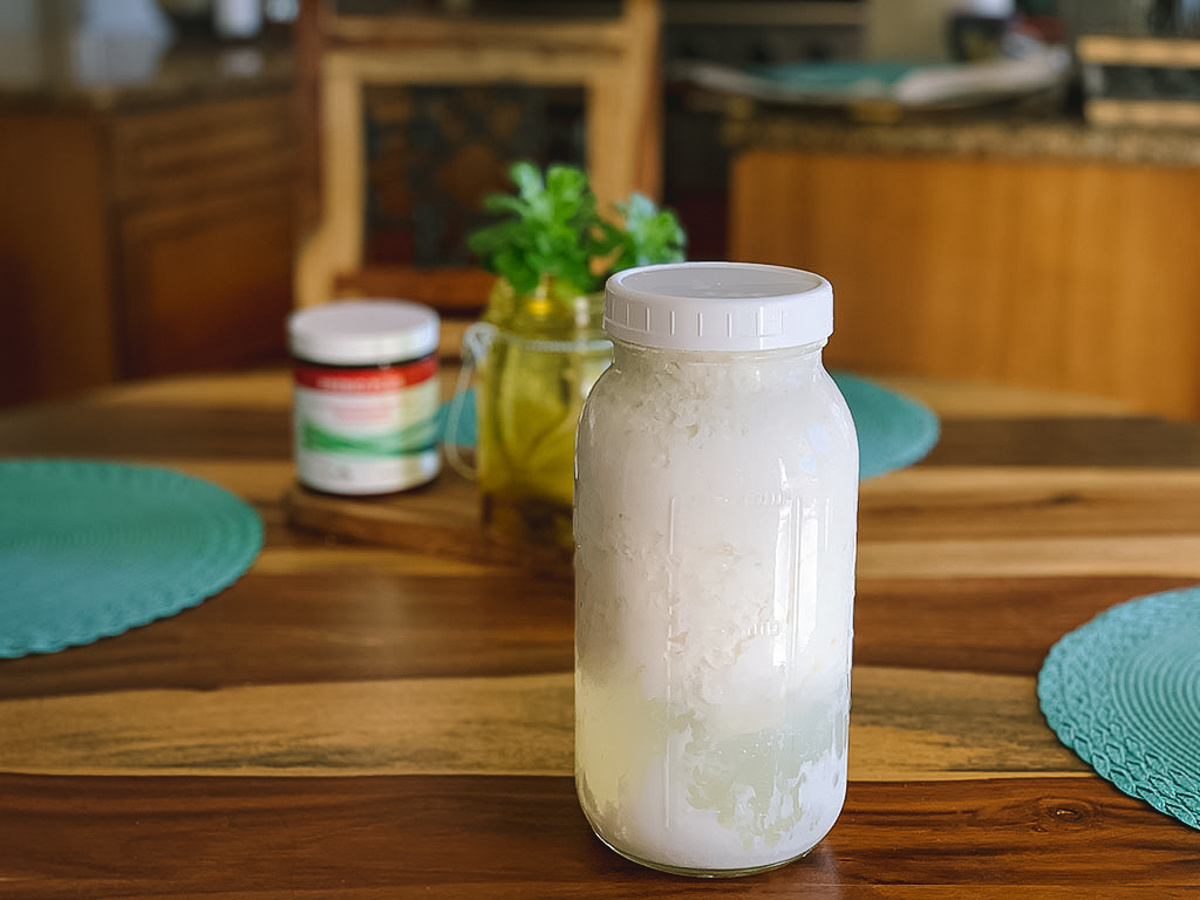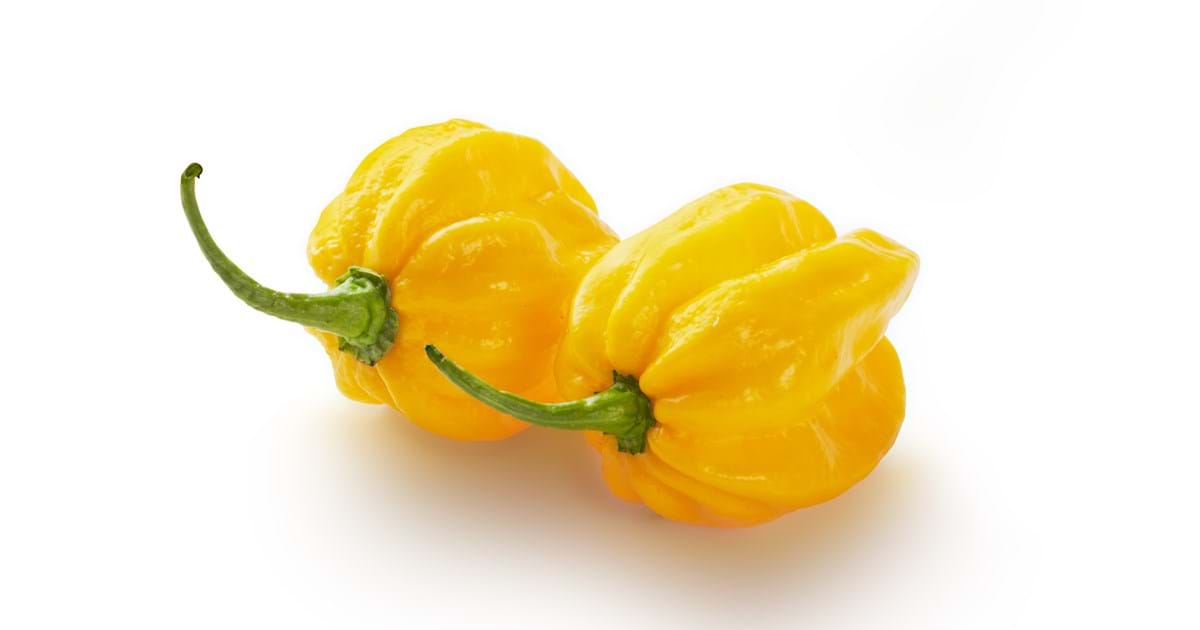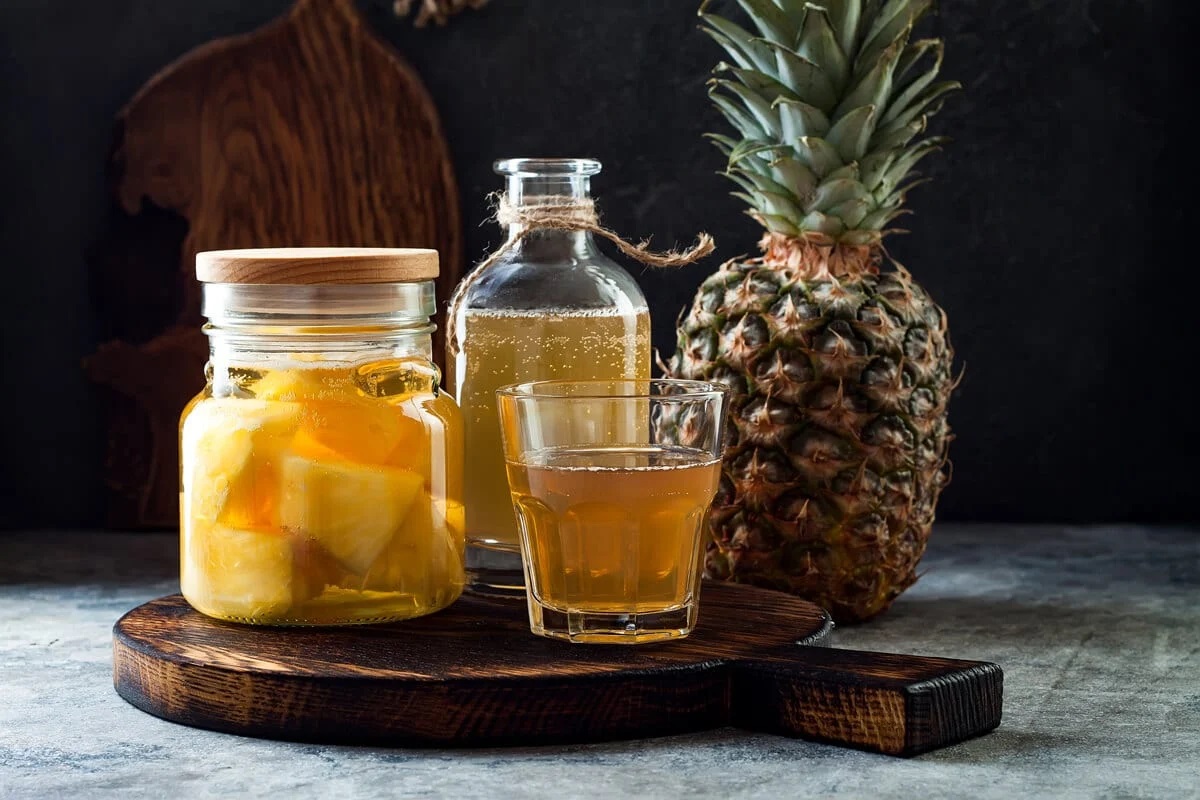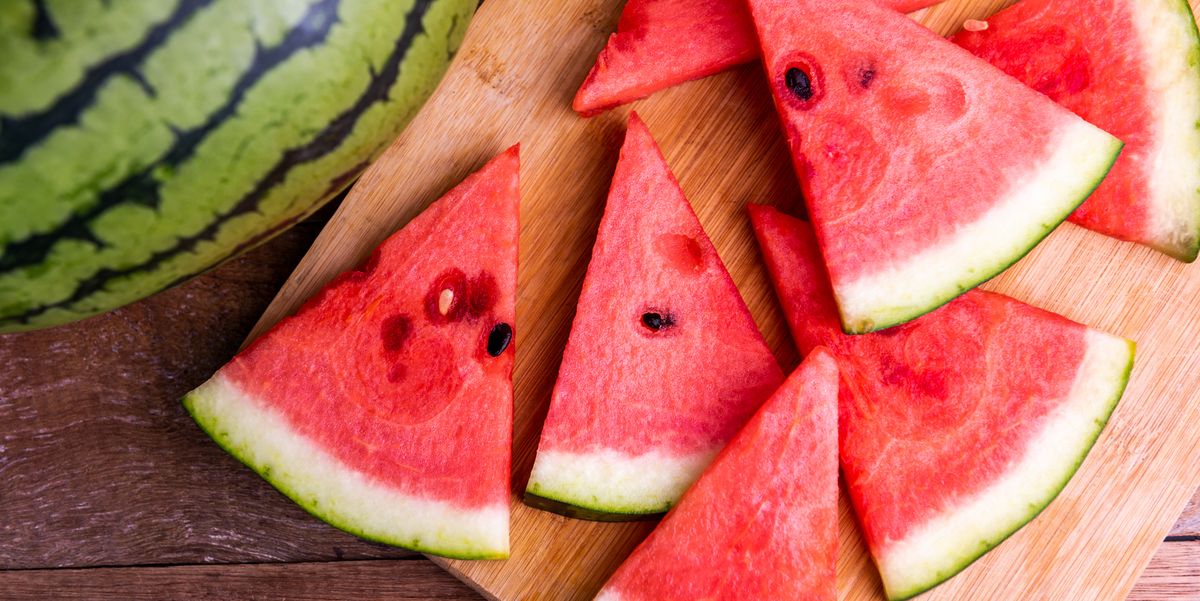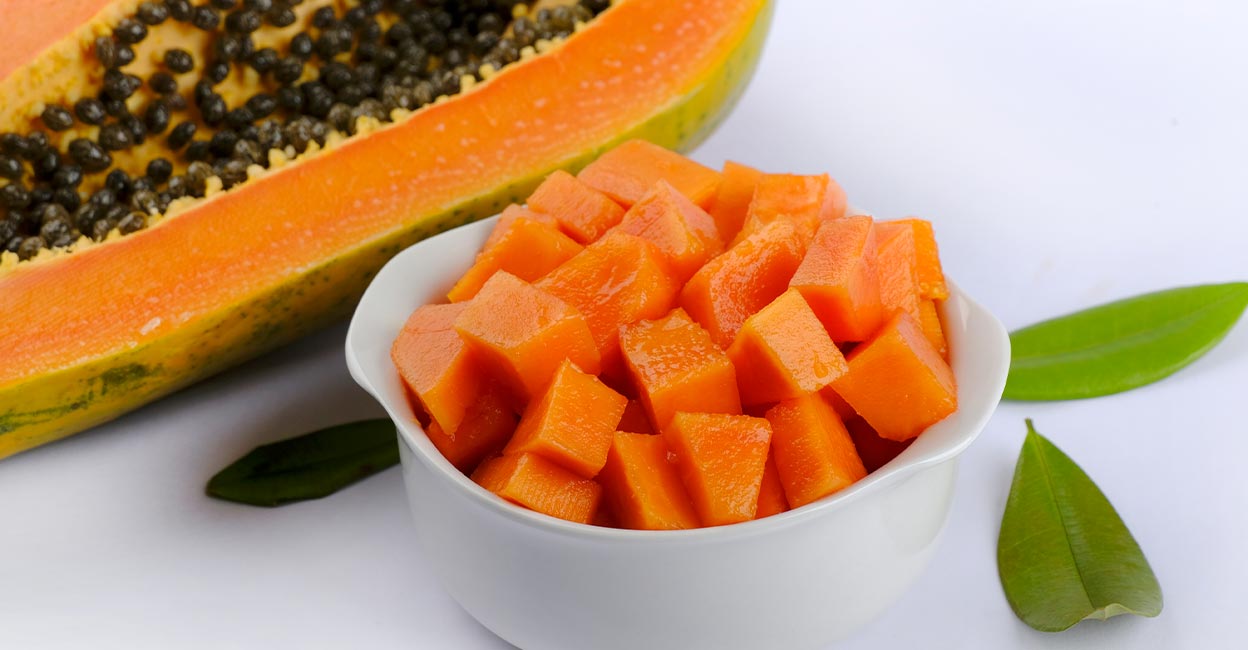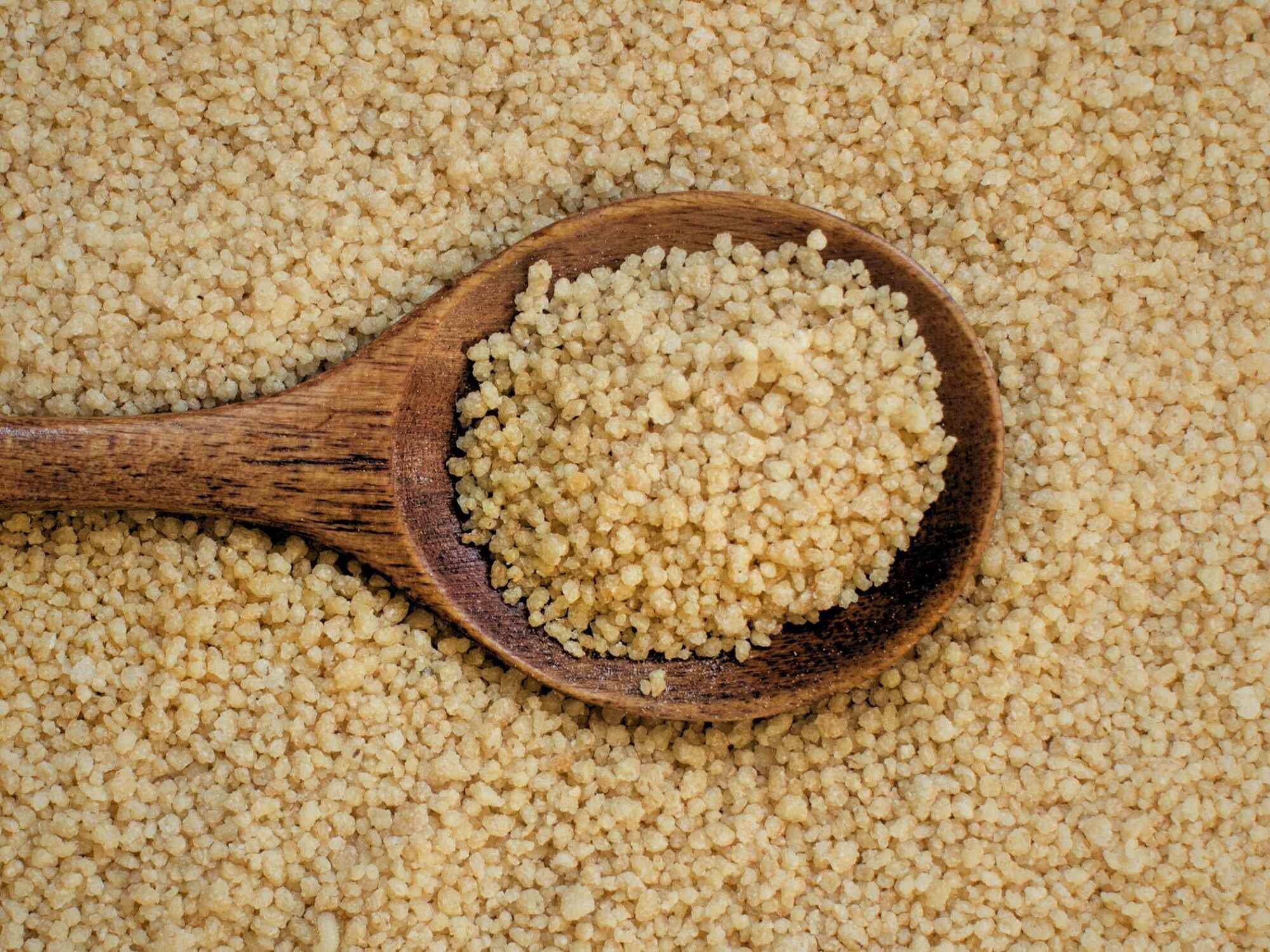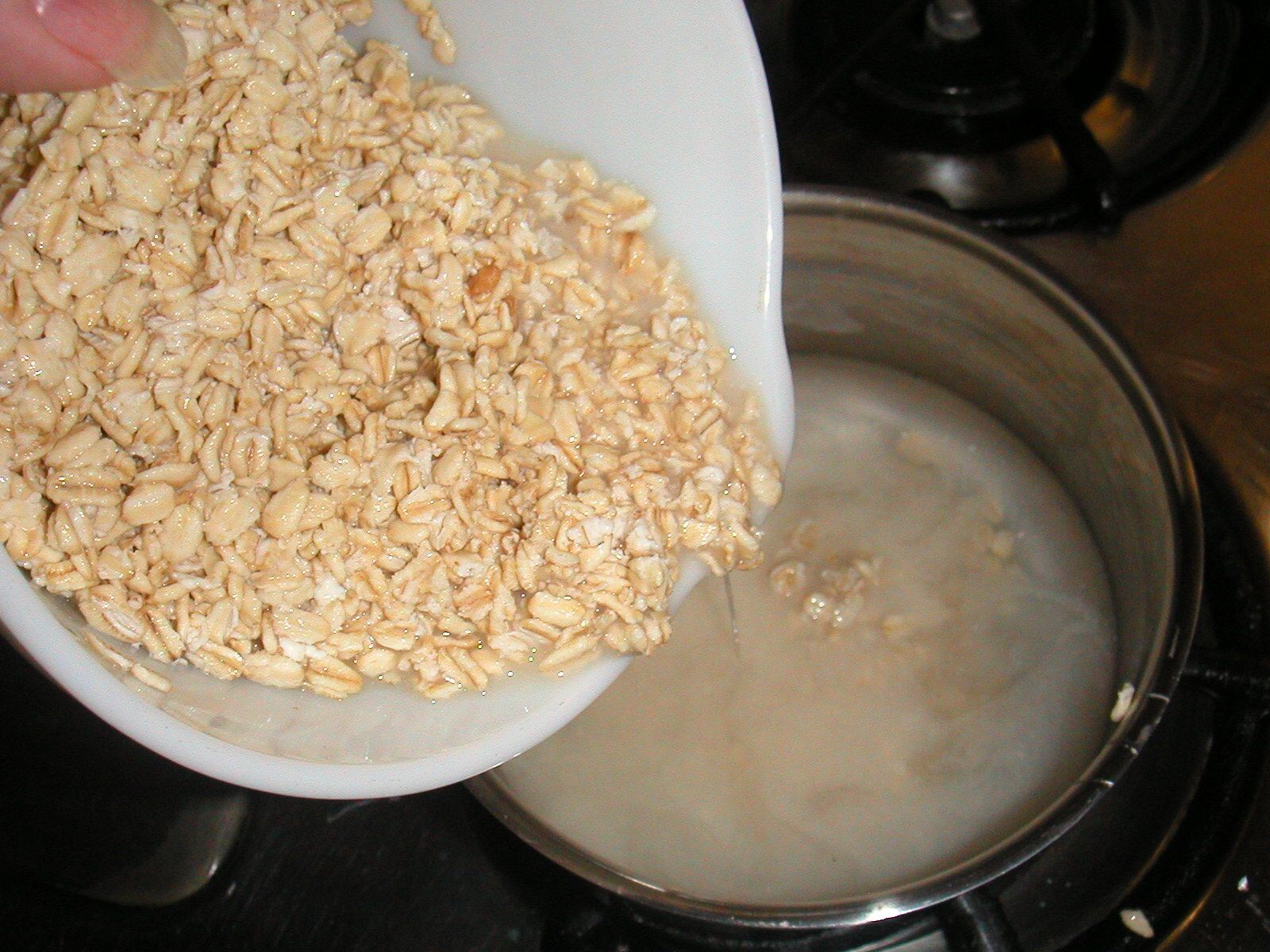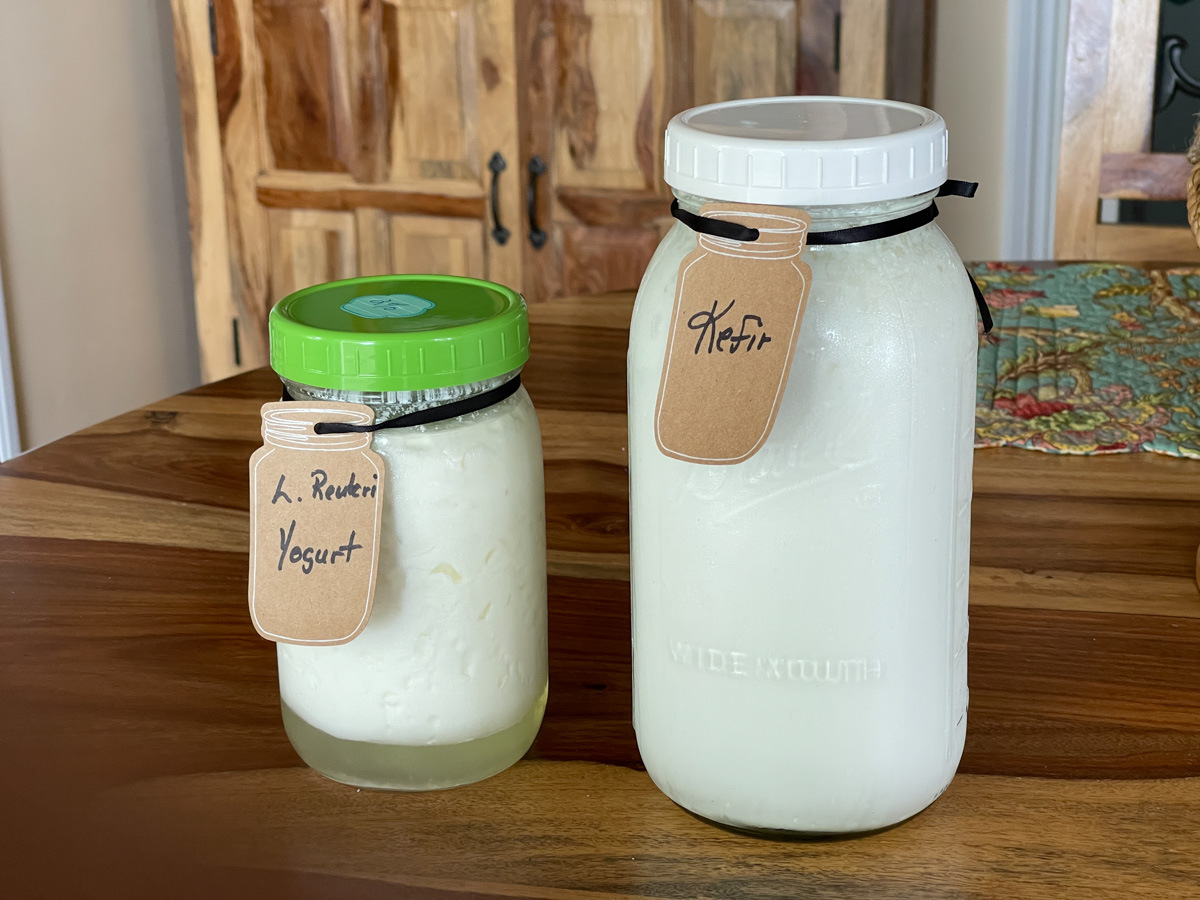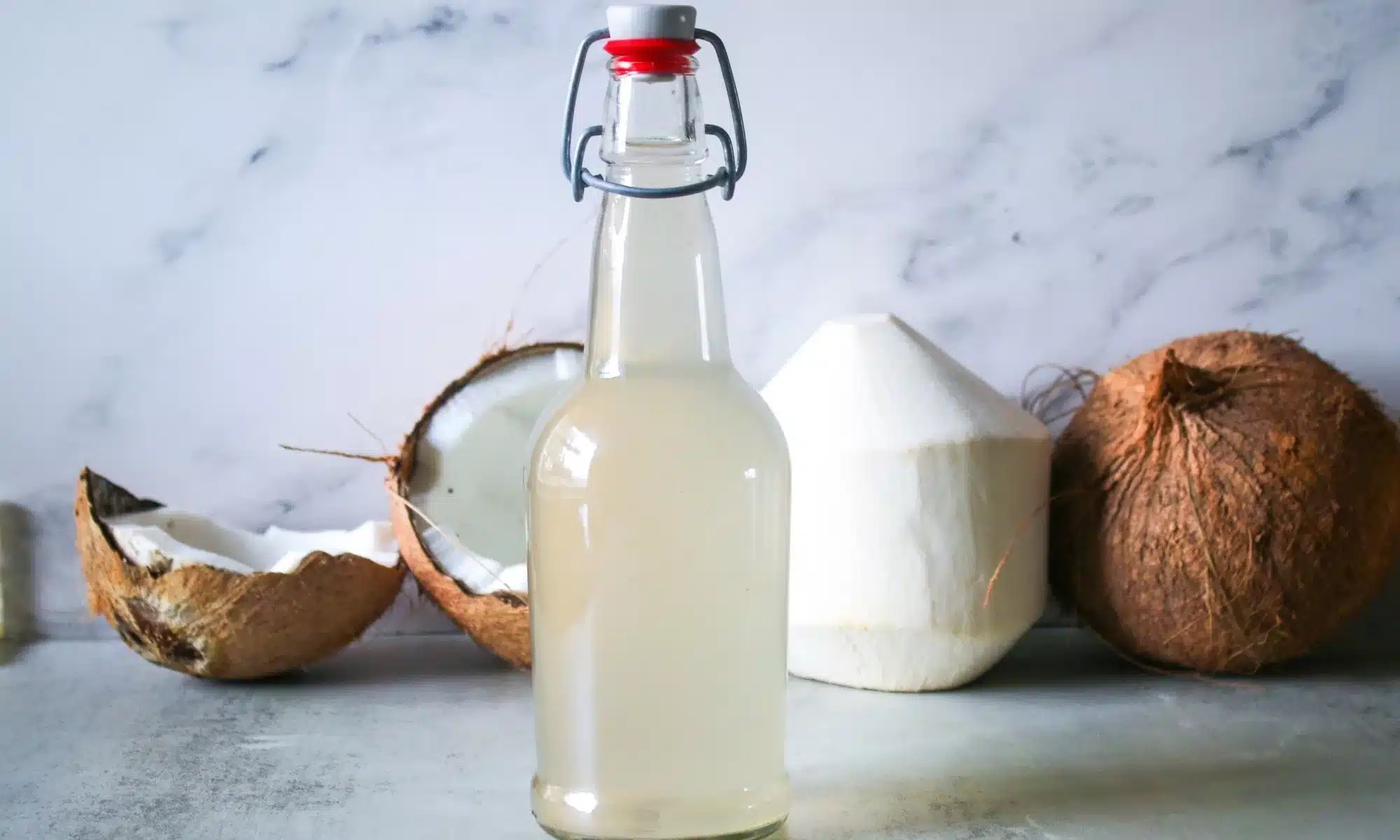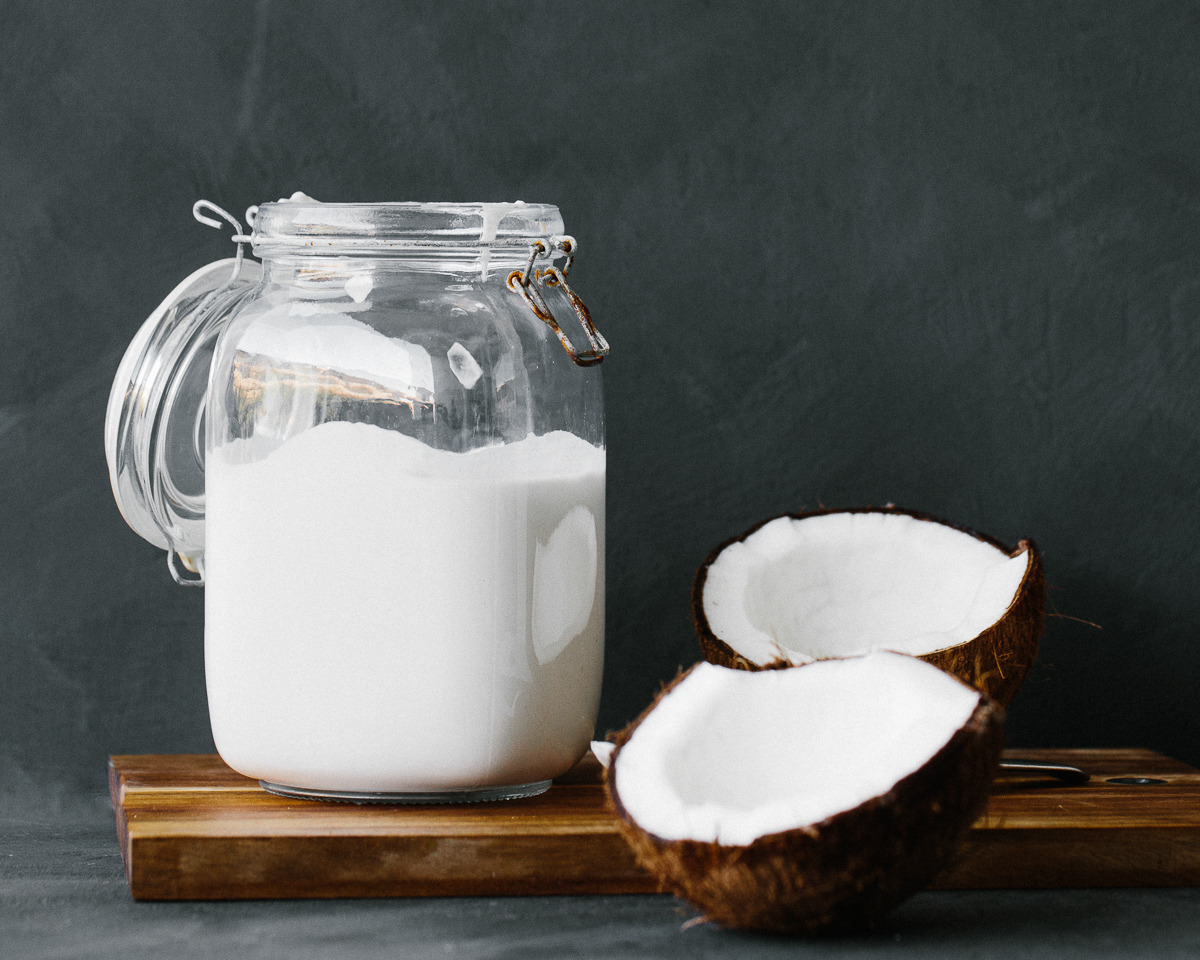How To Ferment Without Alcohol
Fermentation is a process that has been used for centuries to preserve food and create unique flavors. Traditionally, fermentation has been associated with the production of alcoholic beverages such as beer and wine. However, there are many other types of fermentation that do not involve the production of alcohol. In this article, we will explore the fascinating world of non-alcoholic fermentation and learn how to ferment without alcohol.
What is Fermentation?
Fermentation is a metabolic process that converts carbohydrates, such as sugars and starches, into acids, gases, or alcohol. This process occurs in the absence of oxygen and is carried out by microorganisms such as bacteria, yeast, and fungi. Fermentation is used in various food preservation techniques and is responsible for the production of foods like yogurt, sauerkraut, and kimchi.
Non-Alcoholic Fermentation
While many people associate fermentation with the production of alcohol, there are numerous non-alcoholic fermentation processes that are widely used in food production. These non-alcoholic fermentations result in the creation of tangy, flavorful foods that are rich in probiotics and beneficial enzymes.
How To Ferment Without Alcohol
Now that we understand the basics of non-alcoholic fermentation, let’s explore how to ferment without alcohol. Here are some popular methods for non-alcoholic fermentation:
1. Lacto-Fermentation
- Lacto-fermentation is a type of fermentation that produces lactic acid, rather than alcohol. This process is commonly used to make foods such as pickles, sauerkraut, and kimchi.
- To lacto-ferment vegetables, simply submerge them in a brine solution and allow the natural lactic acid bacteria to do their work. The result is a tangy, probiotic-rich product without any alcohol content.
2. Kombucha Fermentation
- Kombucha is a fermented tea beverage that is created through the action of a symbiotic culture of bacteria and yeast (SCOBY). The fermentation process results in a tangy, slightly effervescent drink that is free from alcohol.
- To make kombucha, a sweetened tea mixture is fermented with the SCOBY for a period of time, resulting in a delicious and non-alcoholic beverage.
3. Fermented Dairy Products
- Many dairy products, such as yogurt and kefir, are created through fermentation. The bacteria responsible for this fermentation process produce lactic acid, giving these products their characteristic tangy flavor.
- By fermenting dairy products with the appropriate bacteria cultures, it is possible to create delicious, non-alcoholic fermented foods that are rich in probiotics and nutrients.
Benefits of Non-Alcoholic Fermentation
Non-alcoholic fermentation offers numerous benefits, including:
- Creation of flavorful, tangy foods
- Preservation of food through natural fermentation processes
- Production of probiotic-rich foods that support gut health
- Enhancement of nutrient availability in certain foods
Conclusion
While alcohol fermentation is well-known, non-alcoholic fermentation processes offer a wide range of benefits and delicious food options. By understanding the principles of non-alcoholic fermentation and exploring different methods, it is possible to create a variety of flavorful, probiotic-rich foods without the presence of alcohol. Whether it’s tangy sauerkraut, refreshing kombucha, or creamy yogurt, non-alcoholic fermentation opens up a world of culinary possibilities.
Was this page helpful?
Read Next: How To Ferment Aloe Vera Plant
